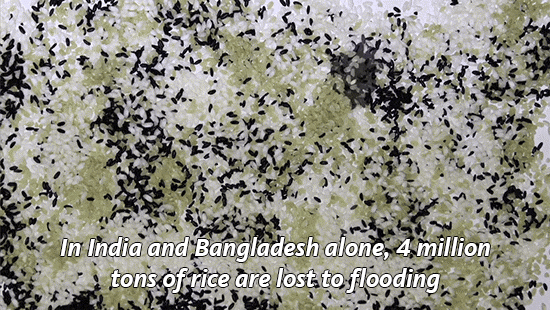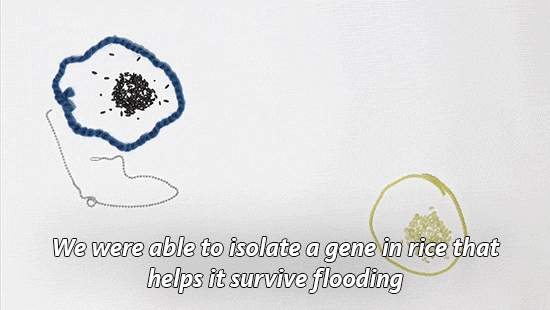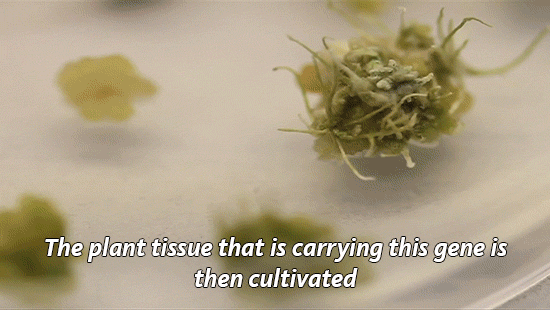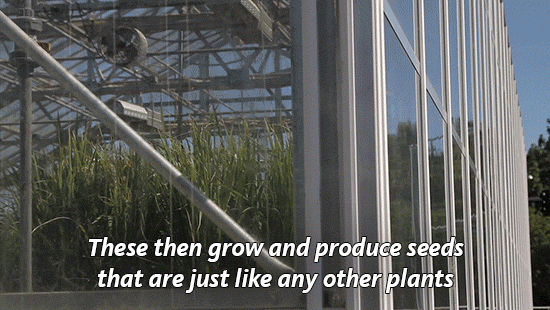Gmo - Blog Posts

👁 💚💚💚🌌🌌🌌⚡⚡⚡ Is this you?#Repost @_citii ・・・ ✔️✔️✔️ #gm #goodmorning #goodmorningpost #naturalmedicine #organicfood #gmo #vaccines #media #celebrities #unique #humble #cooking #fake #selfish #research

Kanye gotta eat

#GMO FREE...Mmmm, yummy! Organic sunflower butter, raisins, seeds and mealworms are all in this groovy box! "For the Birds" is now available as a SINGLE BOX, click HERE: http://www.groovylabinabox.com/single-boxes/ Engineering Design Challenge: You are a Bird Feeder Engineer and want to invent a groovy bird feeder design that’s never been seen before. Can you design and build a bird feeder that meets the survival needs of local birds using upcycled materials? #upcycle #STEMists do the "E" in STEM! Engineering Design Challenge in every groovy box! #NationOfMakers #STEMforKids #ProjectBasedLearning #engineeringeducation #unschooling #ElemEd #homeschoolscience #STEMChallenge #NGSS #MakerEd #MakerSpace #EngineeringDesignProcess

#GMO FREE...Mmmm, yummy! Organic sunflower butter, raisins, seeds and mealworms are all in this groovy box! "For the Birds" is now available as a SINGLE BOX just click on our groovy website from the link above. Engineering Design Challenge: You are a Bird Feeder Engineer and want to invent a groovy bird feeder design that’s never been seen before. Can you design and build a bird feeder that meets the survival needs of local birds using upcycled materials? #upcycle #STEMists do the "E" in STEM! Engineering Design Challenge in every groovy box! #NationOfMakers #STEMforKids #STEMEducation #STEMEd #ProjectBasedLearning #PBLChat #PBL #scichat #scied #sciafterschool #engineeringeducation #STEMtastic #unschooling #ElemEd #homeschoolscience #instascience #STEMChallenge #NGSS #MakerEd #MakerSpace #EngineeringDesignProcess #STEMist #GroovyLabInABox #GroovyLab #futureengineer #futurescientist
Washington State tears off GMO label bill
Washington state experienced an expensive fight over the labeling of genetically modified foods or GMOs. The bill in question would have mandated that all foods containing GMOs are labeled clearly for consumers, including cereals, soft drinks chips and many other items. The bill was ultimately voted down by Washington voters by a 10 point margin.
The for labeling campaign calling for greater consumer transparency through labels of all products containing GMOs. The against labeling side claimed that labeling GMO foods would create an increased cost to consumers. The opposing side had a lot of large financial backers including the Grocery Manufacturers Association which represents big food corporations such as Campbell Foods, General Mills, Hillshire Brands, and PepsiCo. Together they raised contributed $1 million dollars to oppose the bill. Other donations against the bill came from big agricultural companies such as DuPont, Monsanto and Bayer CropScience. Their contributions totaled around $11 million. So now that the bill didn't pass and GMOs are not labeled we should ask ourselves, how much of our food is GMO and does this make a difference? If we look at the GMOs crops grown today, around 95% of U.S. commodity crops are GMO. This includes 94$ of sugar beets, 90% of soybeans, and 88% of cotton and feed corn. Papaya are an interesting case that demonstrates the benefits of GMOs. In the 1980s basically all papaya was wiped out of Hawaii due to a ringspot virus. Today papaya's grow again on the islands due to virus resistant GMO crops. In the actual stores GMO foods include basically any processed foods with sugar. For the most part non-processed foods are not GMO, for example tomatoes, potatoes, wheat and rice are not GMO in the U.S. Now there is a lot of talk about GMO foods being unhealthy. This for all intents and purposes is not true. If we look at sugar as a general example, by the time it is processed and put into your food the sugar has no chemical difference between non-GMO sugar. There are also claims that crops that are genetically modified with other animals DNA are some how bad for us. The idea that DNA is somehow owned by one animal or another is also absurd. DNA and RNA create the language or code that define life. Essentially all living things have this code and share similar parts of it. Taking code from a fish to create corn with protein may sound weird but it is just a length of code. Humans may share 99% of our DNA with apes but we also share 30% of our DNA with a potatoes. I think GMOs are a amazing step forward for science, being able to make crops resist viruses and grow more effectively with less water has huge agricultural advantages.




Why we need GMOs to survive climate change
Genetically modified organisms get a bad rap for many reasons, but we’ve actually been genetically altering what we eat since the dawn of human history.
“For 10,000 years, we have altered the genetic makeup of our crops,”explains UC Davis plant pathology professor Pamela Ronald.
“Today virtually everything we eat is produced from seeds that we have genetically altered in one way or another.” (You can read more about Ronald’s thoughts on genetically engineered food here.)
Right now her focus is on rice. It’s one of our basic crops and without it, we would struggle to feed much of the world.
With climate change, we’re seeing an increase in flooding in places like India and Bangladesh, which makes it harder to grow this important food staple.
So Ronald and her lab have developed a flood-tolerant strain of rice. It’s known as Sub1a or “scuba rice” and millions of farmers in South Asia are now growing it in their fields.

Today is National Food Day, a day dedicated to hunger awareness. But as we focus on food insecurity, we need to talk more about how global warming will make the problem worse.
As our climate continues to heat up, it has huge impacts on what foods we are able to grow. Will our crops be able to survive droughts and floods? The University of California leads six labs that are working to develop other climate-resilient crops including chickpea, cowpea and millet.
Find out what other scientists are doing to improve our food.
